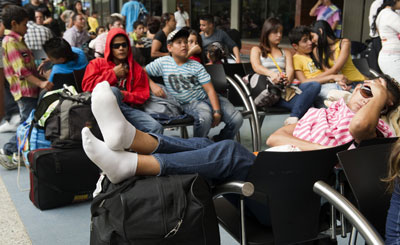Americas
2012
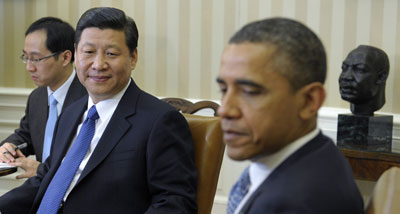
Archaic media policies make China a poor partner
President Obama has promised to raise issues of human rights when he and his administration meet with Chinese Vice President Xi Jinping in the next day. After that, Xi, billed as China’s next leader, is expected to make some speeches, visit a few factories, stop at the Pentagon, sign some contracts that will strengthen economic…

Rousseff quiet as Cuban blogger denied travel to Brazil
The response from Cuban officials did not take anyone by surprise. Prominent Cuban blogger Yoani Sánchez had been, once again, denied permission to leave her country after she was granted a visa by the Brazilian Embassy in January to attend a film festival. “I feel like a hostage kidnapped by someone who doesn’t listen nor…
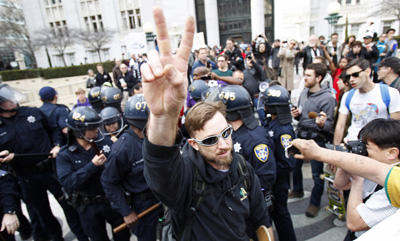
Accreditation disputes at center of US arrests
The issue of press accreditation continues to reverberate. In November, when the Occupy movement came into conflict with law enforcement across the country and at least 20 journalists covering the events were arrested, CPJ reported that disputes over press accreditation were at the center of many of those arrests. Last week, credentials played a role…
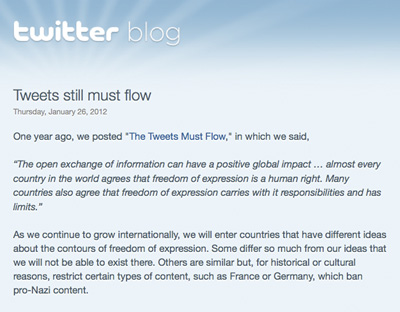
Can selective blocking pre-empt wider censorship?
Last week, Twitter provoked a fierce debate online when it announced a new capability–and related policy–to hide tweets on a country-specific basis. By building this feature into its website’s basic code, Twitter said it hoped to offer a more tailored response to legal demands to remove tweets globally. The company will inform users if any…
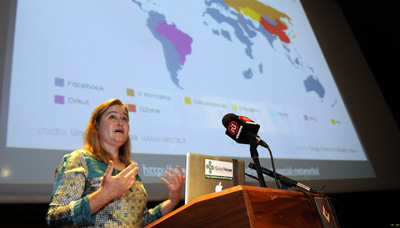
Does the Internet boost freedom? We decide, book says
The Internet doesn’t bring freedom. Not automatically, anyway. That’s one of the main messages of Rebecca MacKinnon’s new book, Consent of the Networked, which had its New York launch at the offices of the New America Foundation last night. In a conversation with CNN managing editor Mark Whitaker, MacKinnon, a CPJ board member, said it’s…
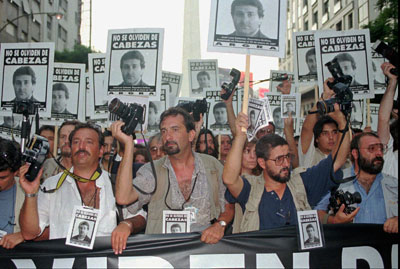
Cabezas’ convicted killers are free, 15 years after murder
It was a cold winter morning more than 15 years ago. As part of my daily routine as a foreign correspondent, I opened my laptop to read the Argentine papers. I was shocked by a headline: my colleague José Luis Cabezas, a photographer for the newsweekly magazine Noticias, had been murdered. His bullet-ridden body was…
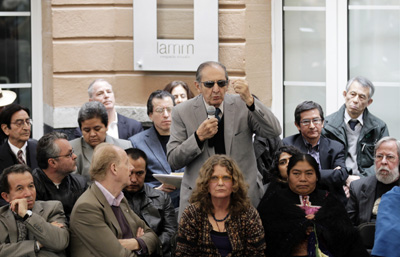
In Mexico mission, PEN speaks for a silenced press
The leading American author Russell Banks set the tone on Sunday as he stood among international writers and their local colleagues in Mexico City: “A nation’s journalists and writers, like its poets and story-tellers, are the eyes, ears, and mouths of the people. When journalists cannot freely speak of what they see and hear of…
For journalists, cyber-security training slow to take hold
For centuries, journalists have been willing to go to prison to protect their sources. Back in 1848, New York Herald correspondent John Nugent spent a month in jail for refusing to tell a U.S. Senate committee his source for a leak exposing the secret approval of a treaty with Mexico. In a digital age, however,…
